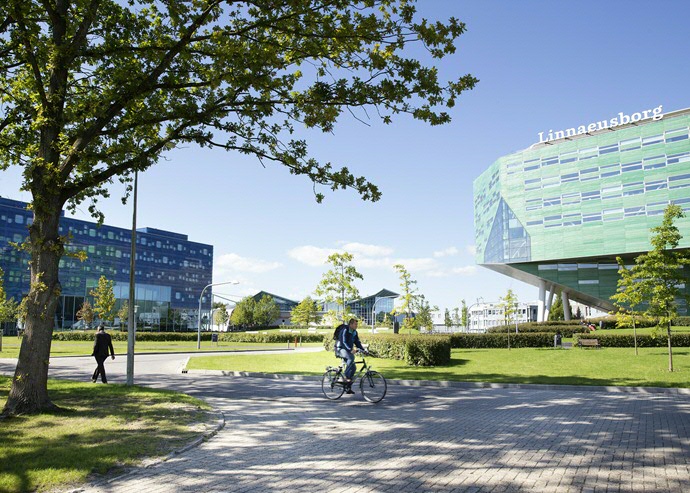UG working hard to develop innovative Zernike Campus

The University of Groningen wants to give a significant boost to the innovative Zernike Campus, using collaboration with high-tech businesses to advance joint knowledge development at the campus. The Zernike Campus offers a uniquely stimulating, facilitating and inspiring environment in which to pursue this objective. Important focus areas for this collaboration include the bioeconomy, the agro-food sector and energy transition. The importance and impact of collaboration are demonstrated by the successful projects already under way, such as the Carbohydrate Competence Center (CCC).
The combination of test labs with research and teaching provides a platform for the development and exchange of knowledge. This will be given a significant boost by new developments such as Avebe’s planned Innovation Centre, the new Innolab facility for chemistry start-ups, the development of the Zernike Advanced Processing Facility (ZAP) and the Bio-Economy Region Northern Netherlands (BERNN) platform.
Rubber recycling and low-calorie dietary fibres
At the University, the research groups led by Professors Picchioni, Heeres, Loos, Buma, Dijkhuizen and Quax are interested in participating in the ZAP. These groups conduct research on, for example, rubber recycling technologies, obtaining chemicals from wood-based biomass and developing low-calorie, prebiotic dietary fibres. The use of the campus environment for Groningen’s IT hub – which is working on smart data analysis and processing – is also crucial for advancing knowledge and innovation.
The UG is expanding its links with domestic and international partners in academia and the private sector – links which play a crucial role in the innovative development of the region.
More information
Contact: Annemieke Galema, Director of Research & Valorization
More news
-
11 December 2025
Stormy planets and an unexpected atmosphere
-
09 December 2025
Faculty of Impact Grant for new brain cancer treatment
